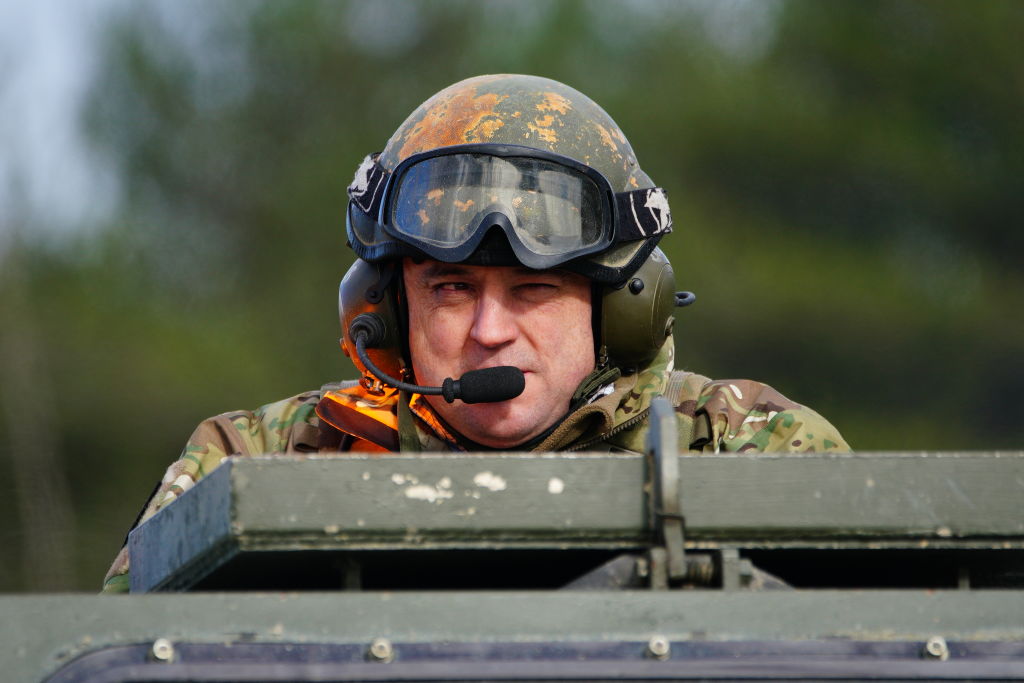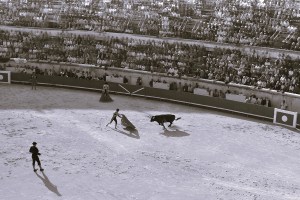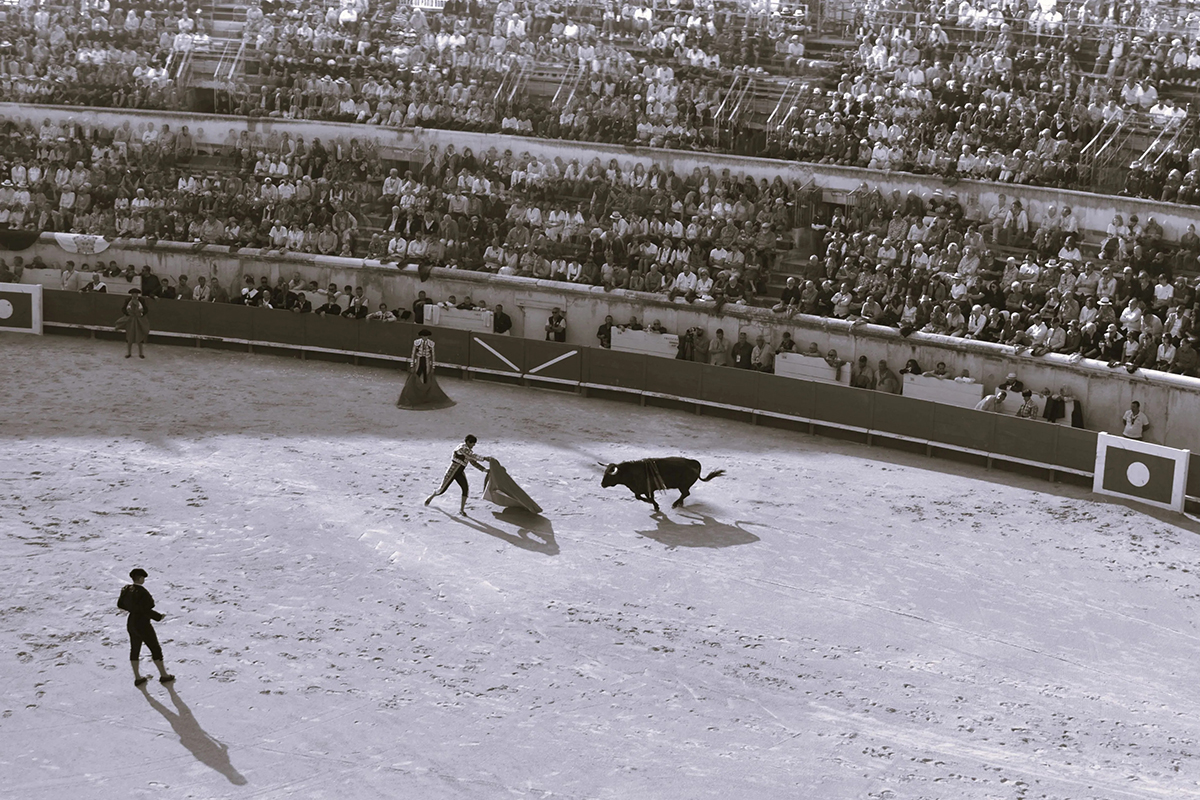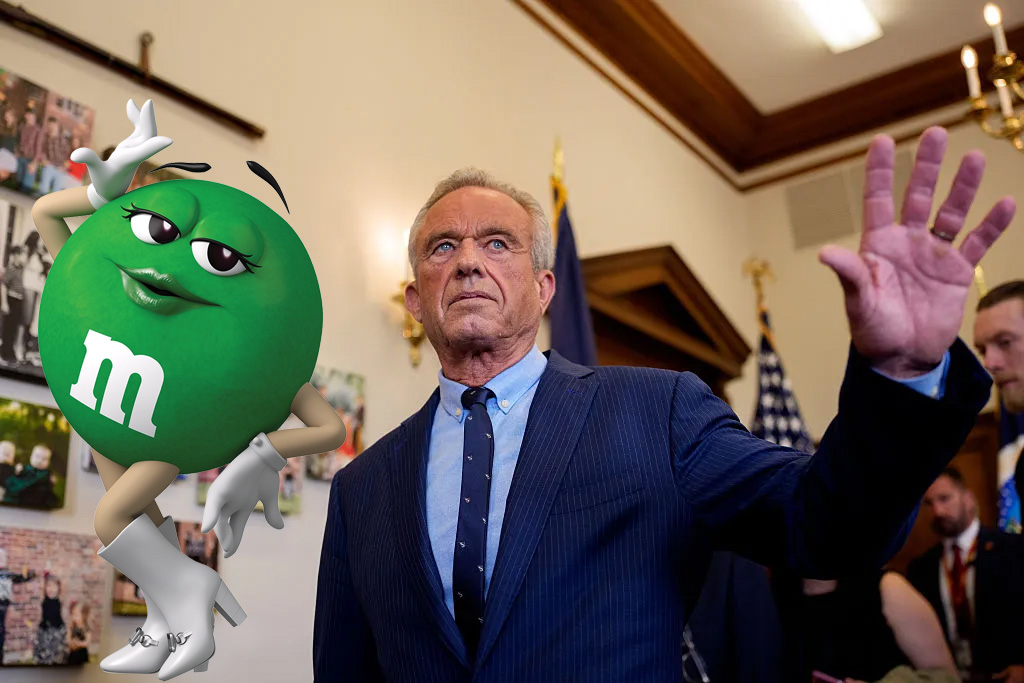Ben Wallace, the British defense secretary, has conceded defeat in his bid to succeed Jens Stoltenberg as secretary-general of NATO. Wallace had been a strong contender for the job, owing to his role in supporting Ukraine after Russia’s invasion. But now it seems the role will go to a character in the mold of the incumbent, a compromise candidate who least offends the countries doing the choosing. The role is simply too big and important to be left to this kind of petty box-ticking and political horse trading.
Wallace appeared to suggest, in an interview with the Economist, that he faced opposition to his candidacy from America and France. The next secretary-general, he said, was “going to have to please both Macron and Biden.”
The Americans — in their public statements — claimed to be keeping an open mind. President Biden described Wallace as “very qualified” for the job when he met Rishi Sunak in Washington recently, and the secretary of state Antony Blinken is on record that they’re not “promoting any particular candidate.” Believe that if you will.
The European opposition to Wallace includes France, which is apparently none too keen on the idea of rewarding Britain with a key NATO role so soon after Brexit, and would much rather the job went to a candidate from an EU country.
There are other factors at play as well: NATO has never been led by a woman, and at one point the United States was reported to be leaning towards Mette Frederiksen, the Danish prime minister. She has insisted she isn’t in the running. Other leaders rumored to be under consideration include Mark Rutte, prime minister of the Netherlands, Kaja Kallas, the prime minister of Estonia (and a fierce Putin critic), and Pedro Sánchez, the prime minister of Spain who is predicted to lose office in elections next month and could be in the hunt for a new high-profile role. Much of this is just rumor and conjecture because the key discussions are taking place behind closed doors.
The failure to agree on a preferred candidate before the leaders’ summit next month in Lithuania means that Stoltenberg is likely to stay on. The former prime minister of Norway has already been in post for nine years and this would be the third time he has been asked to extend his tenure. He has been careful to stay out of the controversy over his potential successor, and has neither confirmed nor denied his intention to continue in the job. He is seen as a safe pair of hands and there is something to be said for continuity amid an ongoing war in Europe.
Stoltenberg deserves credit for adeptly walking the tightrope of keeping NATO away from the dangers of direct confrontation with Russia while marshaling extensive allied support for Ukraine. However, sticking with Stoltenberg means postponing decisions on some of the longer term strategic questions about the future role of the alliance.
NATO was formed in 1949 by twelve countries, with a mission to challenge Soviet expansion in Europe after World War Two. It has now expanded to thirty-one member nations, bound together by a promise to help one other if they come under attack. The war in Ukraine has served to highlight ongoing worries about whether NATO is strong enough to deter an increasingly aggressive Russia: only seven member countries currently meet the NATO target of spending at least 2 percent of their GDP on defense.
There is also the question of what role, if any, the alliance should play beyond Europe’s borders: America wants allies to be better prepared for a potential confrontation with China, whereas France wants more emphasis placed on European autonomy. Squaring this circle will not prove easy.
The leadership of NATO should not be a prize handed out to the least offensive candidate, which is how it looks right now. Ben Wallace, defense secretary of one of the biggest European powers, might have turned out to be a good pick for guiding NATO through the many challenges ahead. The shame is we will never know.
This article was originally published on The Spectator’s UK site.

























